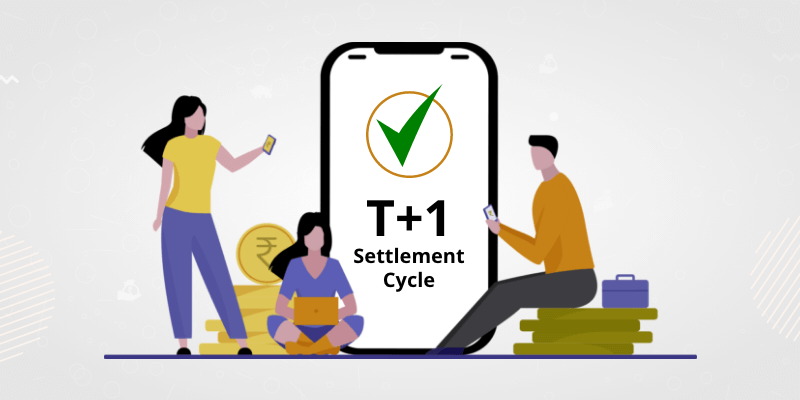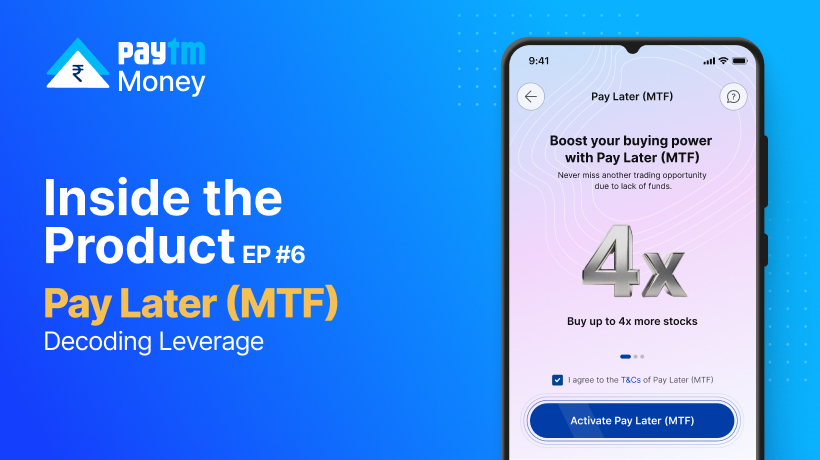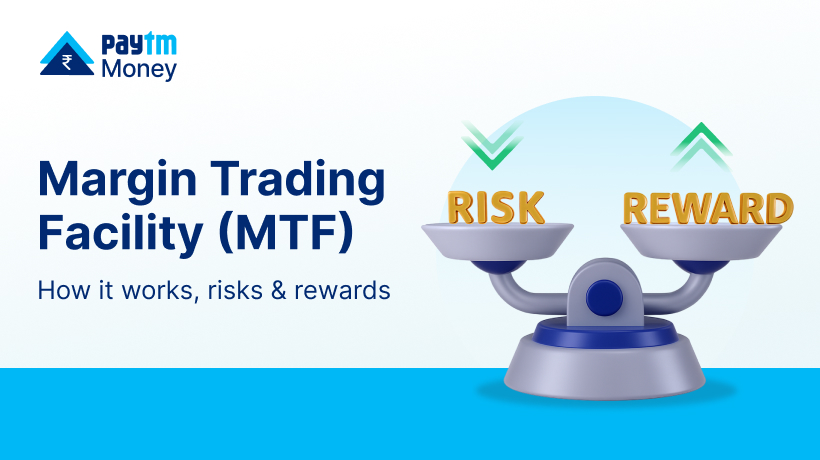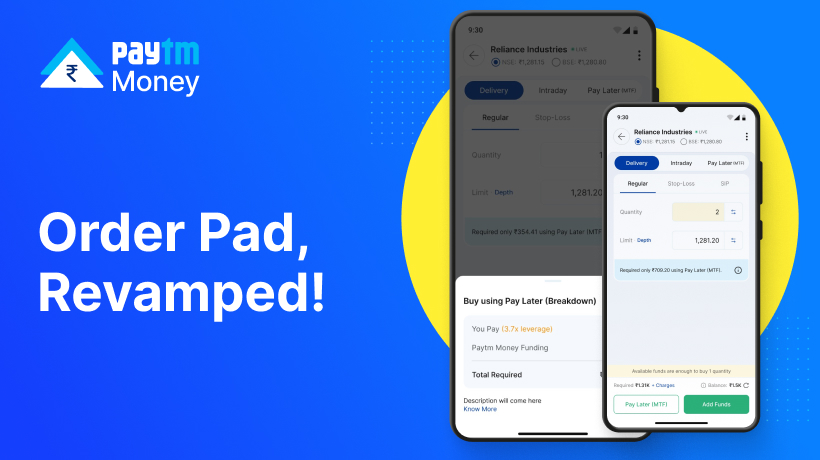T+1 Settlement: Here’s What You Need To Know3 min read
The National Stock Exchange of India (NSE) has laid out the timeline for the T+1 settlement cycle. This means that transactions in the financial market can be settled within 24 hours, faster than the current T+2 settlement, or 48-hour cycle.
A trade is usually considered settled after the buyer receives the shares and the seller gets the amount.
For the bottom 100 stocks, the T+1 settlement will kick in from February 25, 2022. The new rule will apply to bottom 500 stocks on the last Friday of a month, starting from March 2022. If Friday is a trading holiday, then the shortened cycle will apply on the next trading day.
The exchanges (BSE, NSE and MSEI) will rank all listed stocks in descending order based on daily market capitalization averaged for the month of October 2021.
Securities such as Preference shares, Warrants, Right entitlements, Partly paid shares and securities issued under differential voting rights (DVR) will be moved to T+1 settlement along with the shares of the parent company.
You can read the full statement by the exchanges, for a better understanding of the new rule.
What does this mean for investors?
This means that the buyer will get the shares in their Demat account and the seller will receive the amount within 24 hours (1 day) of the trade, faster than the current 48-hour (2 days) period.
The list of stocks available under T+1 settlement will be published on the website of all exchanges.
You can check the recent 27th May circular and corresponding list of stocks updated here:
So if you’re looking to buy or sell a stock after the norms change, you may want to check the list before initiating a trade. That will tell you how soon the transaction will be settled.
Secondly, there’ll be an interim impact due to this transition. Any stocks purchased a day prior to its transition from T+2 to T+1 settlement cycle, will be blocked for selling on the next trading day. For example, SEBI is moving the next set of stocks to T+1 cycle on 27th May, therefore if these stocks are bought for delivery on 26th May, they will be blocked for selling on 27th May and hence, will not reflect in the portfolio. After that on the next trading day, 30th May, these stocks will reflect in your portfolio and can be sold.
If you’re trading in intraday trades, then there’ll be no impact for stock settlement.
Can exchanges go back to the T+2 cycle?
Yes, but they can’t do it overnight. Market regulator SEBI in a circular said that after transitioning to the T+1 cycle, exchanges need to follow it for six months.
Also, exchanges are required to give a one-month notice for any shift from the T+1 cycle to the T+2 cycle (or vice-versa).
This content is purely for information and investor awareness purpose only and in no way an advice or recommendation. You should independently research and verify the information you find on our website/application. Investment in securities market are subject to market risks, read all the related documents carefully before investing. Paytm Money Ltd SEBI Reg No. Broking – INZ000240532. NSE (90165), BSE(6707) Regd Office: 136, 1st Floor, Devika Tower, Nehru Place, Delhi – 110019.




